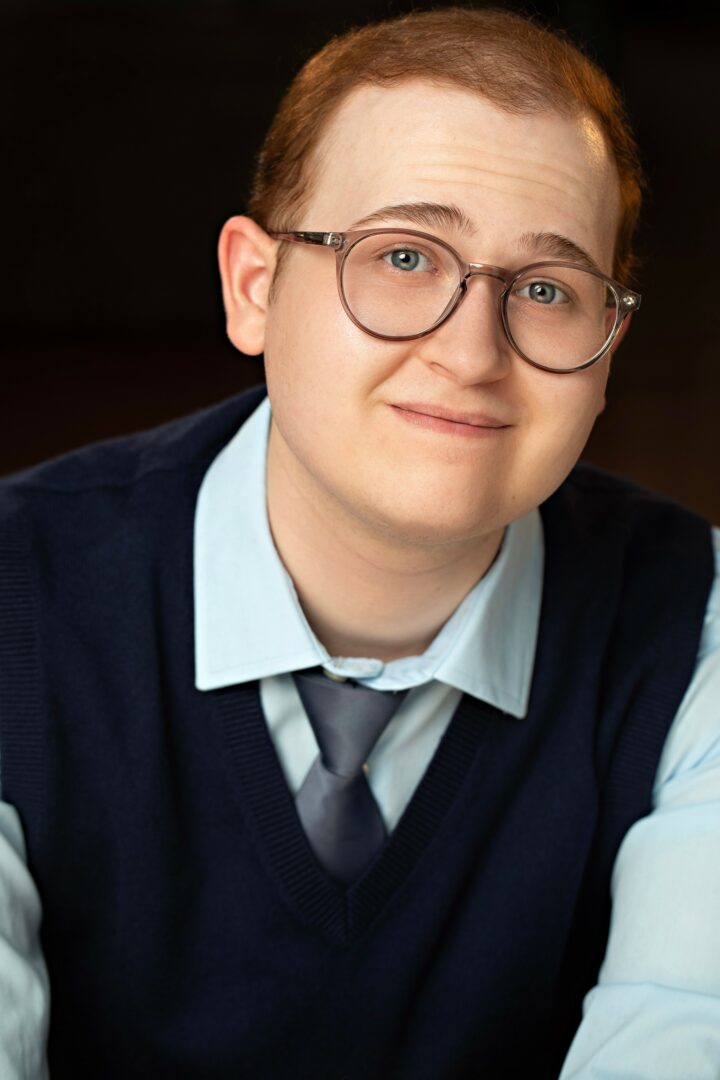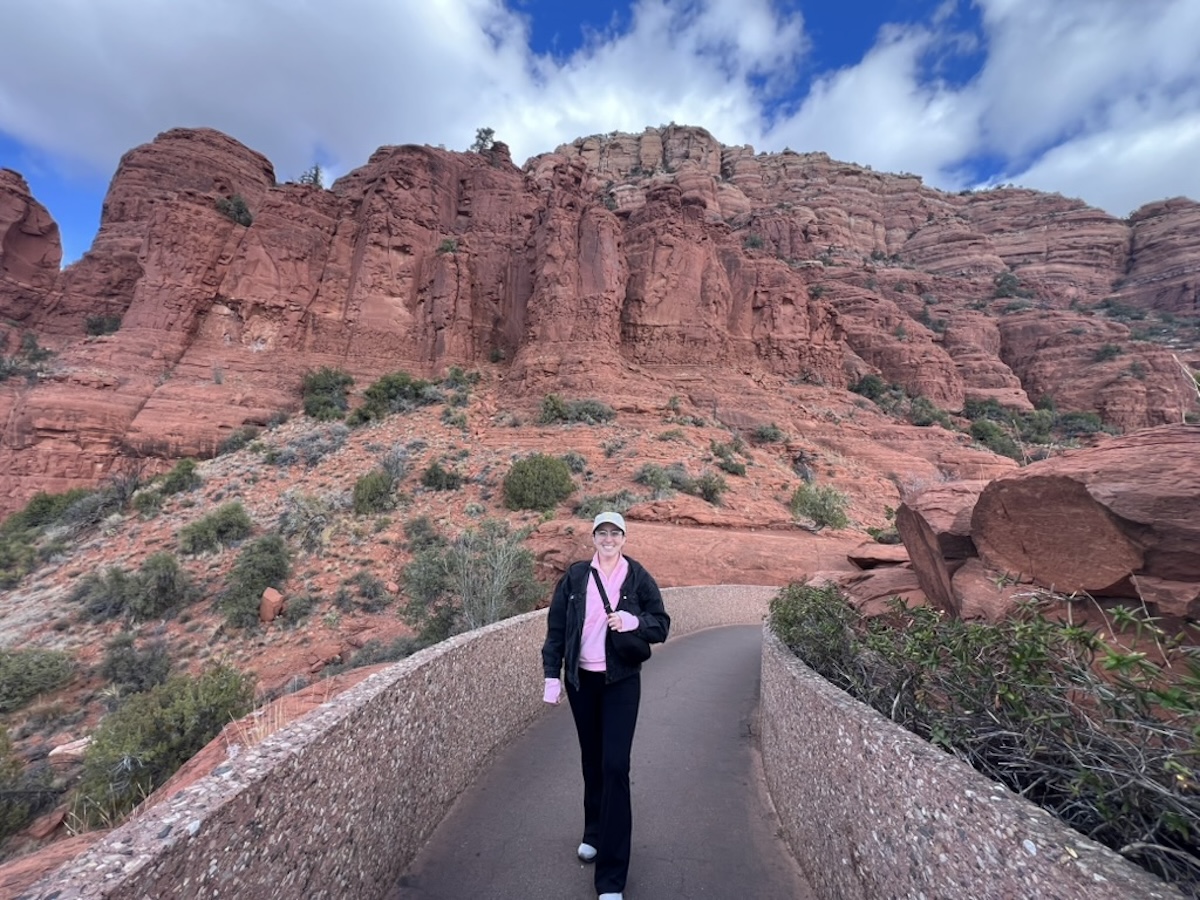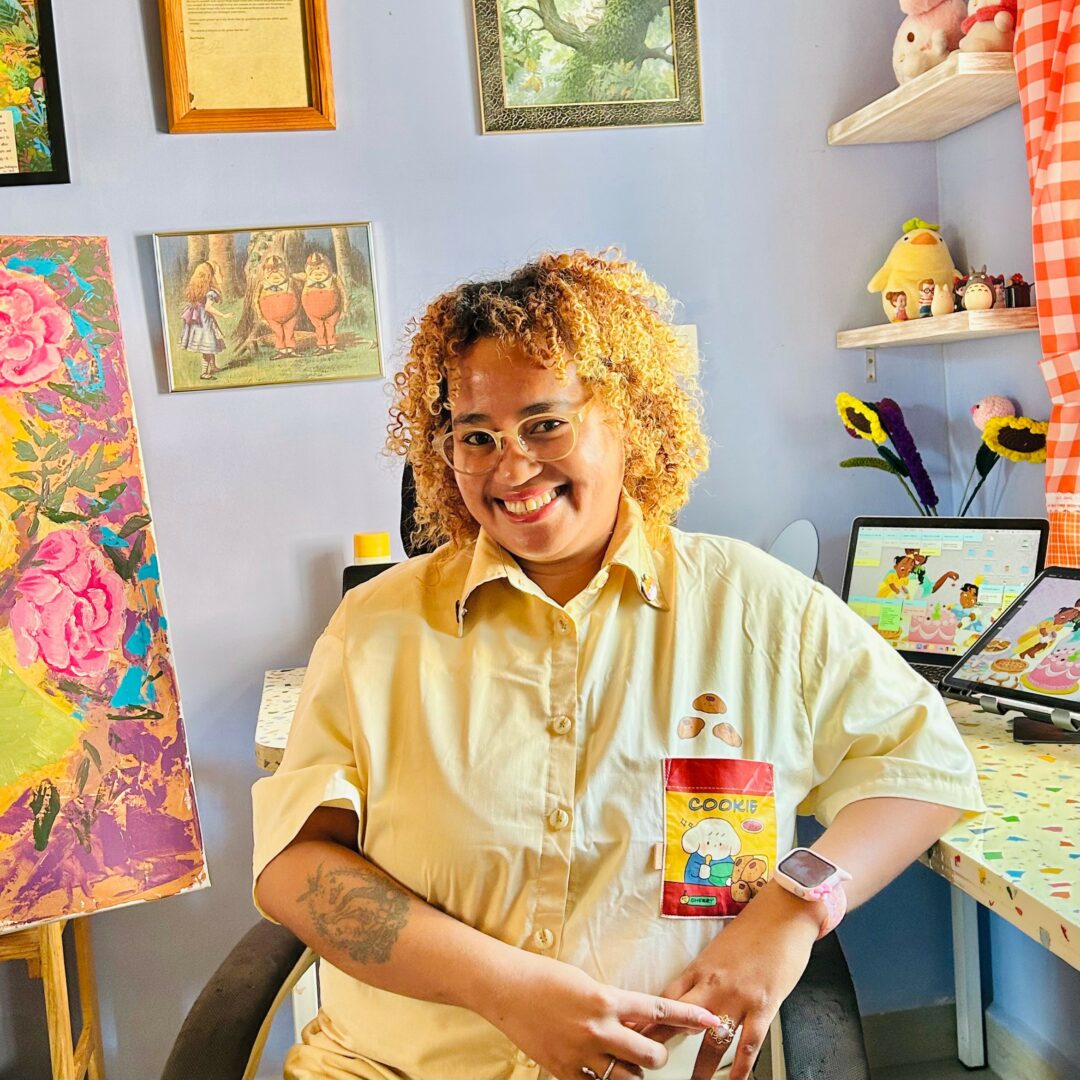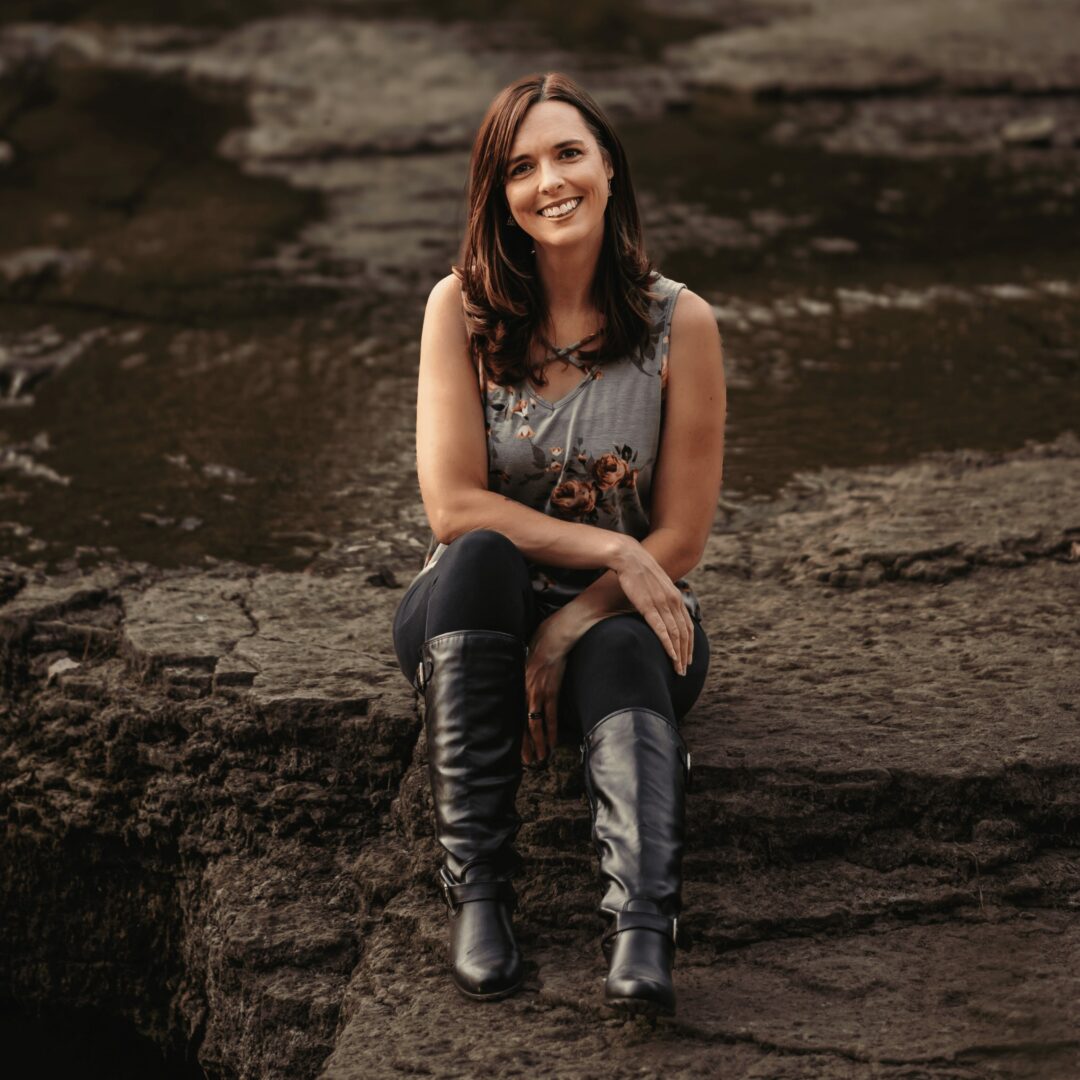We caught up with the brilliant and insightful Austin Joseph a few weeks ago and have shared our conversation below.
Austin, thank you so much for taking the time to share your lessons learned with us and we’re sure your wisdom will help many. So, one question that comes up often and that we’re hoping you can shed some light on is keeping creativity alive over long stretches – how do you keep your creativity alive?
For me, keeping creativity alive has always been about motion, never letting myself stay too still in one place, mentally or artistically.
When I went through cancer treatment, a lot of my days were filled with waiting: waiting for test results, waiting for appointments, waiting to feel like myself again. In that stillness, I felt my creativity start to dull. So I built little rituals to keep it awake, scribbling down scraps of dialogue that came to me, humming lines from characters I’d once played, even improvising mini scenes in front of the mirror. It didn’t matter if anyone ever saw it; it mattered that I was still creating.
Now, as an actor, I keep that same practice alive by giving myself room to play when the pressure to “get it right” is heavy. Sometimes that’s reading a monologue in a completely different tone just to see where it goes. Other times it’s stepping away from acting altogether, taking a walk, sketching, or even just people-watching, because I know creativity thrives on curiosity.
For me, creativity isn’t a switch I turn on when the camera is rolling. It’s a fire I tend to daily, through small sparks of imagination that keep me ready when the moment comes.
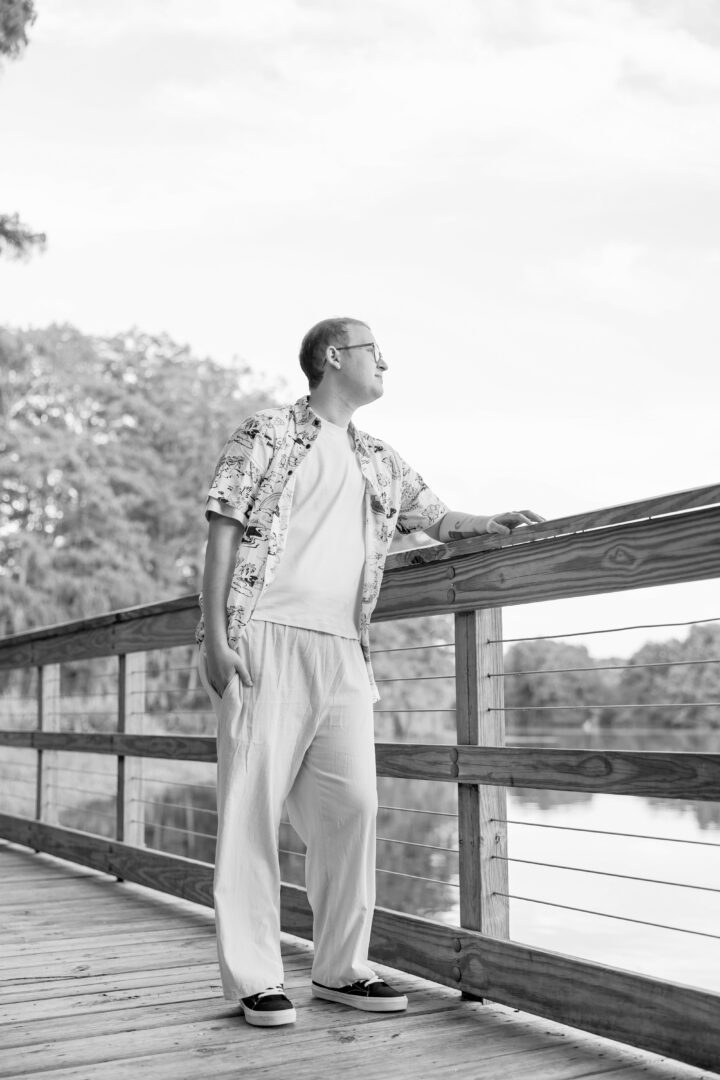
Thanks for sharing that. So, before we get any further into our conversation, can you tell our readers a bit about yourself and what you’re working on?
I’m an actor, and for me the work is all about connection. Whether it’s film, television, or theater, I’m drawn to characters who feel human and layered, people whose struggles and joys can resonate with audiences. As a cancer survivor and disabled artist, I carry a perspective that shapes the way I approach storytelling. I believe authenticity matters, and I try to bring that into every role.
What excites me most is the chance to be part of stories that not only entertain but also leave people thinking, feeling, or seeing the world in a new way. I’ve been fortunate to work across theater at a young age, and now I’m focused on building momentum in film and television. Each project feels like a step toward helping shift the industry toward more inclusive and truthful representation.
Something new I’m especially excited about is a project I can’t share too much about just yet, but it’s a really exciting step forward. What I can say is that it fuels the same passion I bring to all my work, and I can’t wait for the day I get to talk about it more openly.
At the end of the day, my “brand” as an artist isn’t about perfection, it’s about presence, resilience, and telling stories that feel bold, human, and true.
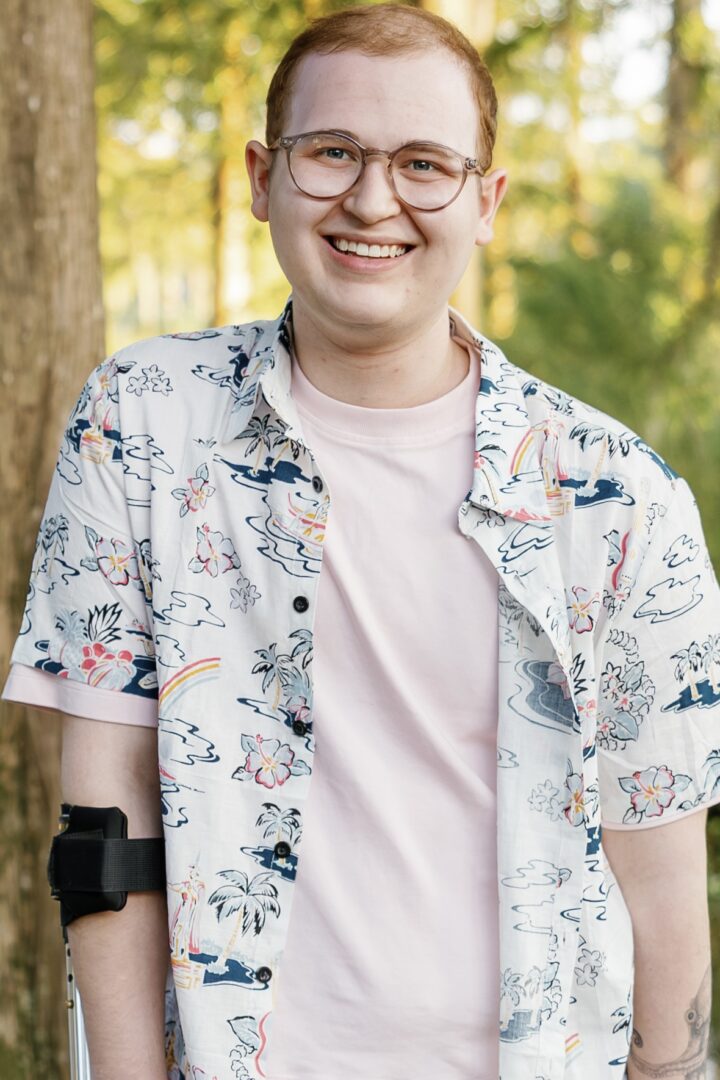
There is so much advice out there about all the different skills and qualities folks need to develop in order to succeed in today’s highly competitive environment and often it can feel overwhelming. So, if we had to break it down to just the three that matter most, which three skills or qualities would you focus on?
Looking back, I’d say resilience, adaptability, and empathy have been the three most impactful qualities in my journey.
Resilience came from facing cancer and the setbacks that come with life and this industry. It taught me how to keep moving forward even when the road feels uncertain. Adaptability has been just as important, learning to adjust, whether that’s to a new role, a different kind of project, or even unexpected challenges on set. And empathy grounds it all. As an actor, it’s impossible to tell honest stories without putting yourself in someone else’s shoes, and that skill has carried into every part of my life.
For anyone starting out, my advice would be: don’t rush resilience, it’s built one step at a time; give yourself permission to pivot when things don’t go as planned; and practice empathy daily, not just in your work, but in how you treat yourself and others. Those qualities will serve you just as much off set as they do on.
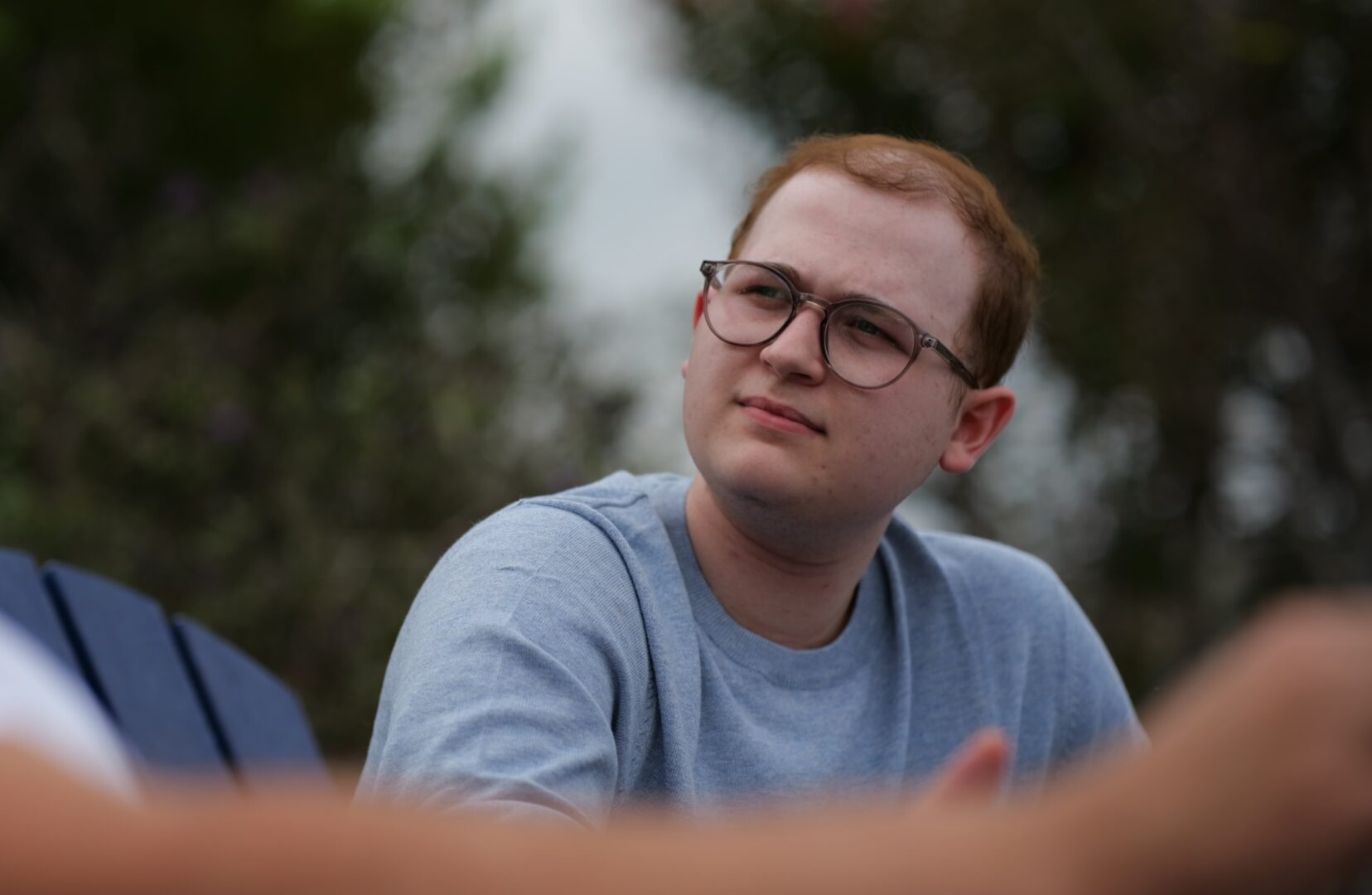
What would you advise – going all in on your strengths or investing on areas where you aren’t as strong to be more well-rounded?
I’ve always believed it’s important to lead with your strengths, they’re what set you apart, but not to ignore the areas where you’re weaker. In acting, for example, my natural strength has always been presence and emotional honesty. That’s what casting directors tend to notice first. But if I had only leaned on that, I would’ve been limited. Over time, I had to work on the technical side, things like hitting marks, adjusting to camera angles, or even just learning to relax when the pressure is high.
One story that comes to mind is from early theater work, when I was praised for being grounded in emotional scenes but given notes again and again on projection and diction. At first, I felt frustrated, like I was failing. But investing in that weakness didn’t take away from my strengths, it actually made them shine brighter. Once I fixed those gaps, my natural strengths landed more clearly with audiences.
So my philosophy is: build your career on your strengths, because that’s your foundation. But give time to the areas you’re weaker in, not to be perfect at everything, but so those weaknesses don’t hold your strengths back.
Contact Info:
- Website: https://austin-joseph-actor.squarespace.com/
- Instagram: https://www.instagram.com/austin_joseph.s?igsh=NTc4MTIwNjQ2YQ%3D%3D&utm_source=qr
- Facebook: https://www.facebook.com/share/1CCsontqR8/?mibextid=wwXIfr
- Youtube: https://youtube.com/@austin_joseph.s?si=LW7f7xTigeCUqh1B
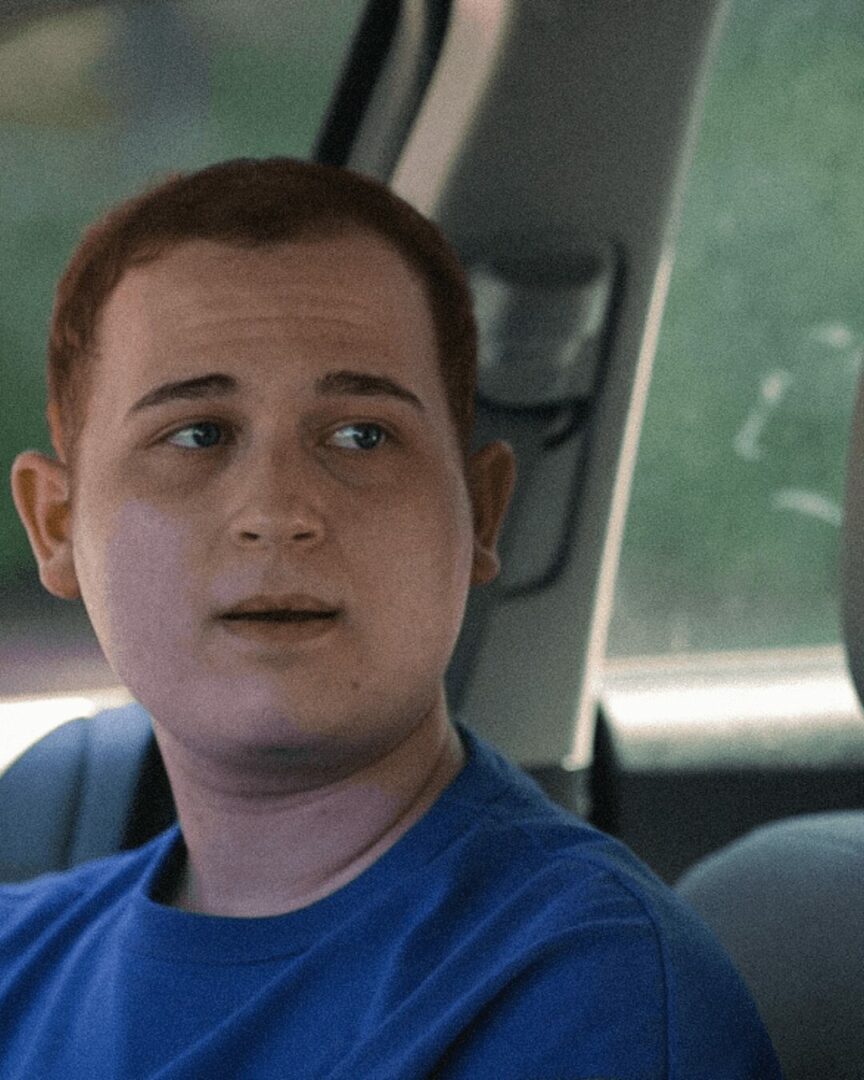
Image Credits
Tanya Young, Danielle McHugh, Will Tripplet
so if you or someone you know deserves recognition please let us know here.

